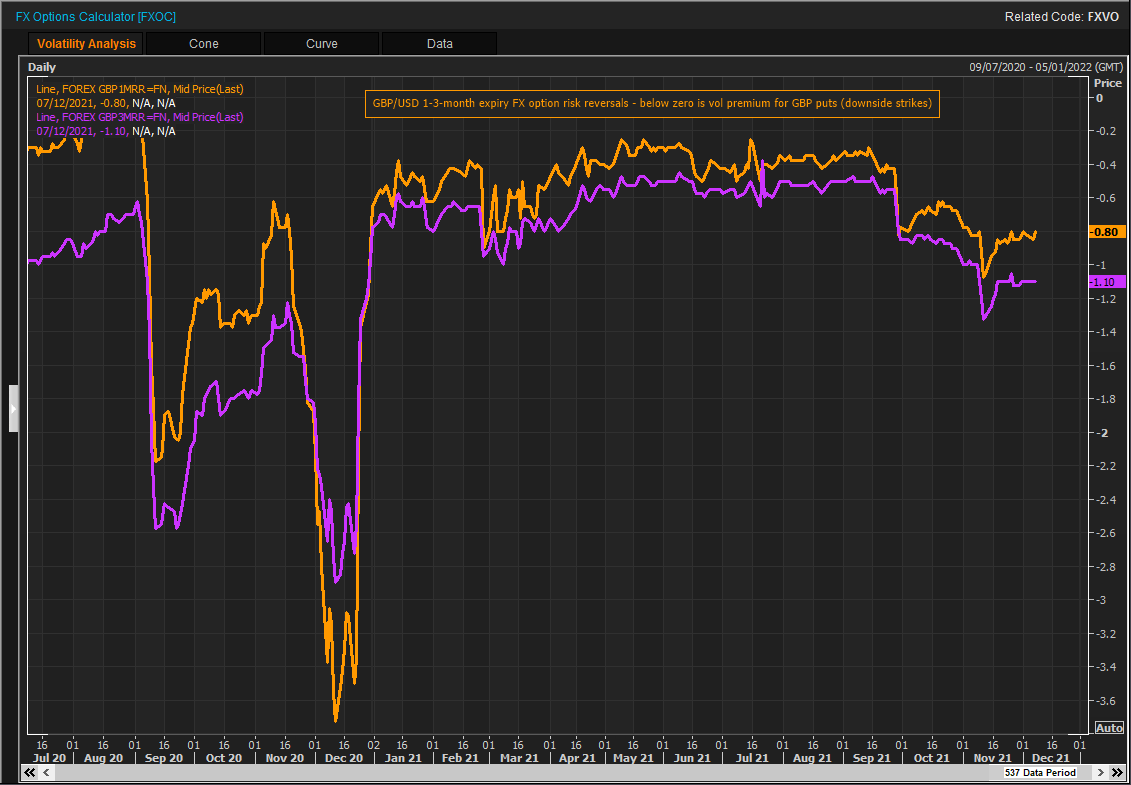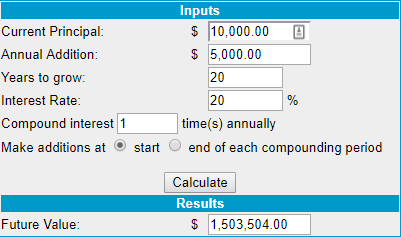
If you are looking to maximize your investment returns, it is worth investing in top defensive stocks. Investing in defensive stock can help protect your portfolio from market risk. Although some companies might seem boring or uninteresting, they can still be great investments. These stocks are in a unique position to weather any market downturn. Fundamental analysis is a great way to identify and profit from the best defensive stock options. Here are some of them.
CVS
CVS has a solid foundation as both a pharmacy and retail store. And it recently acquired Aetna health insurance giant. Its recent synergies with Aetna have helped it produce $2.3 billion in quarterly profits. GM suffered a significant blow in 2008's U.S. auto bailout but has been able to rebound and enjoy great success. The company has been able, in recent years to pay a steady income and to continue to reduce its debt.

General Dynamic
General Dynamics could be a good investment if you are looking to make a sound investment. General Dynamics has an impressive track record for capital returns as well as shareholder value creation. The current war in Ukraine is a huge tailwind for the defense contractor. General Dynamics stock has limited potential for total return at current levels. There are strong tailwinds in the war for defense and aerospace contractors which may limit the upside potential of their stocks in short term.
Unilever
British multinational company, British Multinational Company has been a solid choice in defensive stock picking. The company's failed bid for GlaxoSmithKline last year has shown that it does not have any organic growth prospects. However, it is unlikely to continue falling in the near future. It has therefore not been well-received by investors in the recent past. The stock's recent news has led to a rebound in its price. Unilever, a multinational company in the defense sector, has a low P/E ratio (only 15.6) and a high dividend yield (4.06%).
Pfizer
To maintain stability in your portfolio, a dividend is key. COVID-19 vaccination sales will eventually decrease, but they don’t seem to be an irreversible revenue source. Moreover, branded drug companies are no strangers to rapidly declining sales of their main products. As a consequence, their market shares are decreasing and their patent protection is deteriorating. But in the long run, the company's product pipeline is what determines its long-term stability.

Walmart
Walmart is one of the most trusted defensive stocks. This blue chip mega-cap has a strong underlying business structure. Even though shares have only increased 0.39% over the past year, they are still among the best. The company is growing rapidly, and recently launched a subscription program similar to Amazon Prime. Although the stock is relatively cheap, the company has managed to increase its earnings, dividends and margins over the past few years.
FAQ
What is the role and function of the Securities and Exchange Commission
Securities exchanges, broker-dealers and investment companies are all regulated by the SEC. It enforces federal securities laws.
How do I invest my money in the stock markets?
Brokers are able to help you buy and sell securities. A broker buys or sells securities for you. You pay brokerage commissions when you trade securities.
Brokers usually charge higher fees than banks. Banks are often able to offer better rates as they don't make a profit selling securities.
To invest in stocks, an account must be opened at a bank/broker.
If you hire a broker, they will inform you about the costs of buying or selling securities. Based on the amount of each transaction, he will calculate this fee.
Your broker should be able to answer these questions:
-
To trade, you must first deposit a minimum amount
-
whether there are additional charges if you close your position before expiration
-
What happens if you lose more that $5,000 in a single day?
-
how many days can you hold positions without paying taxes
-
How much you can borrow against your portfolio
-
Transfer funds between accounts
-
How long it takes to settle transactions
-
The best way buy or sell securities
-
How to avoid fraud
-
how to get help if you need it
-
Can you stop trading at any point?
-
If you must report trades directly to the government
-
Reports that you must file with the SEC
-
What records are required for transactions
-
whether you are required to register with the SEC
-
What is registration?
-
How does it impact me?
-
Who must be registered
-
When do I need registration?
How are shares prices determined?
Investors who seek a return for their investments set the share price. They want to make a profit from the company. So they buy shares at a certain price. The investor will make more profit if shares go up. The investor loses money if the share prices fall.
The main aim of an investor is to make as much money as possible. This is why they invest into companies. They are able to make lots of cash.
Why is a stock called security.
Security is an investment instrument, whose value is dependent upon another company. It could be issued by a corporation, government, or other entity (e.g. prefer stocks). The issuer can promise to pay dividends or repay creditors any debts owed, and to return capital to investors in the event that the underlying assets lose value.
Statistics
- "If all of your money's in one stock, you could potentially lose 50% of it overnight," Moore says. (nerdwallet.com)
- For instance, an individual or entity that owns 100,000 shares of a company with one million outstanding shares would have a 10% ownership stake. (investopedia.com)
- Our focus on Main Street investors reflects the fact that American households own $38 trillion worth of equities, more than 59 percent of the U.S. equity market either directly or indirectly through mutual funds, retirement accounts, and other investments. (sec.gov)
- Even if you find talent for trading stocks, allocating more than 10% of your portfolio to an individual stock can expose your savings to too much volatility. (nerdwallet.com)
External Links
How To
How to Trade in Stock Market
Stock trading is a process of buying and selling stocks, bonds, commodities, currencies, derivatives, etc. Trading is French for "trading", which means someone who buys or sells. Traders purchase and sell securities in order make money from the difference between what is paid and what they get. This is the oldest type of financial investment.
There are many ways to invest in the stock market. There are three main types of investing: active, passive, and hybrid. Passive investors do nothing except watch their investments grow while actively traded investors try to pick winning companies and profit from them. Hybrids combine the best of both approaches.
Passive investing is done through index funds that track broad indices like the S&P 500 or Dow Jones Industrial Average, etc. This type of investing is very popular as it allows you the opportunity to reap the benefits and not have to worry about the risks. Just sit back and allow your investments to work for you.
Active investing is the act of picking companies to invest in and then analyzing their performance. Active investors look at earnings growth, return-on-equity, debt ratios P/E ratios cash flow, book price, dividend payout, management team, history of share prices, etc. They then decide whether or not to take the chance and purchase shares in the company. If they feel that the company is undervalued, they will buy shares and hope that the price goes up. On the other side, if the company is valued too high, they will wait until it drops before buying shares.
Hybrid investments combine elements of both passive as active investing. Hybrid investing is a combination of active and passive investing. You may choose to track multiple stocks in a fund, but you want to also select several companies. In this instance, you might put part of your portfolio in passively managed funds and part in active managed funds.